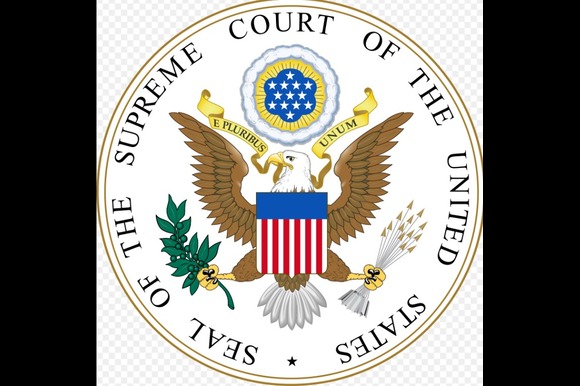In a significant decision with national implications, the US Supreme Court has upheld a Tennessee law banning gender-affirming healthcare for minors. The 6–3 ruling, handed down on Thursday, is expected to influence similar legislation in at least 25 other states with comparable laws.
The justices ruled that the 2023 Tennessee statute, which prohibits access to medical treatments such as puberty blockers and hormone therapy for transgender youth, does not constitute unlawful discrimination. The case, United States v. Skrmetti, marked the first time the nation’s highest court considered a case centered on transgender healthcare.
Chief Justice John Roberts, writing for the majority, stated that the law—officially named SB1—does not violate the Constitution’s equal protection clause, asserting that Tennessee acted within its rights in light of medical uncertainty.
“Tennessee concluded that there is an ongoing debate among medical experts regarding the risks and benefits associated with administering puberty blockers and hormones to treat gender dysphoria, gender identity disorder, and gender incongruence,” Roberts wrote. “SB1’s ban on such treatments responds directly to that uncertainty.”
The law prohibits medical interventions for minors that would “enable a minor to identify with, or live as, a purported identity inconsistent with the minor’s sex,” or that aim to treat “purported discomfort or distress from a discordance between the minor’s sex and asserted identity.”
A group of Tennessee families—including three transgender teenagers, their parents, and a doctor who provides gender-affirming care—challenged the law, arguing that it violated the Constitution by discriminating on the basis of sex and denying necessary healthcare to transgender youth. They contended that the treatments in question are routinely prescribed for other medical conditions, yet the law selectively prohibits their use for gender dysphoria, thereby targeting transgender individuals unfairly. The plaintiffs also argued that the law infringes on parental rights by denying families access to medically recommended treatments for their children.
The Court’s three liberal justices—Sonia Sotomayor, Elena Kagan, and Ketanji Brown Jackson—dissented. Justice Sotomayor delivered a sharply worded dissent, which she also read aloud from the bench in a rare move meant to underscore her strong objection.
Sotomayor wrote that the majority’s decision “leads to medical discrimination on the basis of sex” and that the Court, in effect, “abandons transgender children and their families to political whims.”
She added: “The Court authorizes, without second thought, untold harm to transgender children and the parents and families who love them.”
The case attracted national attention and divided opinion across political lines. The Biden administration had supported the families challenging the law, arguing it was unconstitutional. However, the Trump administration, upon returning to office, informed the court earlier this year that it no longer supported the arguments made under Biden but would not block the case from moving forward, allowing the Court to rule on the underlying legal questions.
Tennessee Attorney General Jonathan Skrmetti, the named defendant in the case, hailed the decision as a major legal and political victory. Posting on social media, he declared the ruling “a landmark victory.”
“This is a big win for evidence-based medicine, this is a big win for democracy, for letting state governments decide what state laws should be,” Skrmetti said.
Supporters of the Tennessee law, including Skrmetti and state officials, have argued that the ban protects children from what they describe as irreversible and experimental procedures. They contend that restrictions are necessary to ensure minors do not receive treatments they might later regret.
However, leading medical associations and LGBTQ advocates have pushed back strongly. They argue that treatments such as puberty blockers are safe, reversible, and in many cases, medically necessary. Denying access to these treatments, they say, could worsen mental health outcomes and increase the risk of self-harm among transgender youth.
The Human Rights Campaign (HRC), the largest LGBTQ rights organization in the US, condemned the Supreme Court’s decision, calling it “devastating.”
“This Court chose to allow politicians to interfere in medical decisions that should be made by doctors, patients, and families—a cruel betrayal of the children who needed them to stand up for justice when it mattered most,” said HRC President Kelley Robinson in a statement.
With this ruling, the Supreme Court has opened the door for other states to enforce or enact similar laws. Legal experts predict the decision will shape the legal landscape of transgender rights in the US for years to come.






